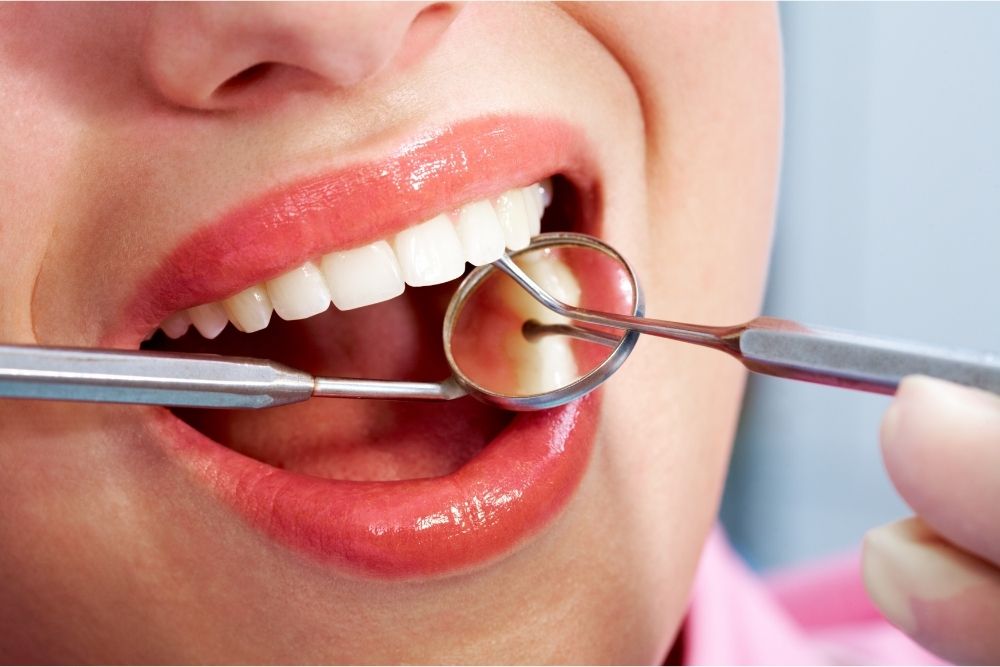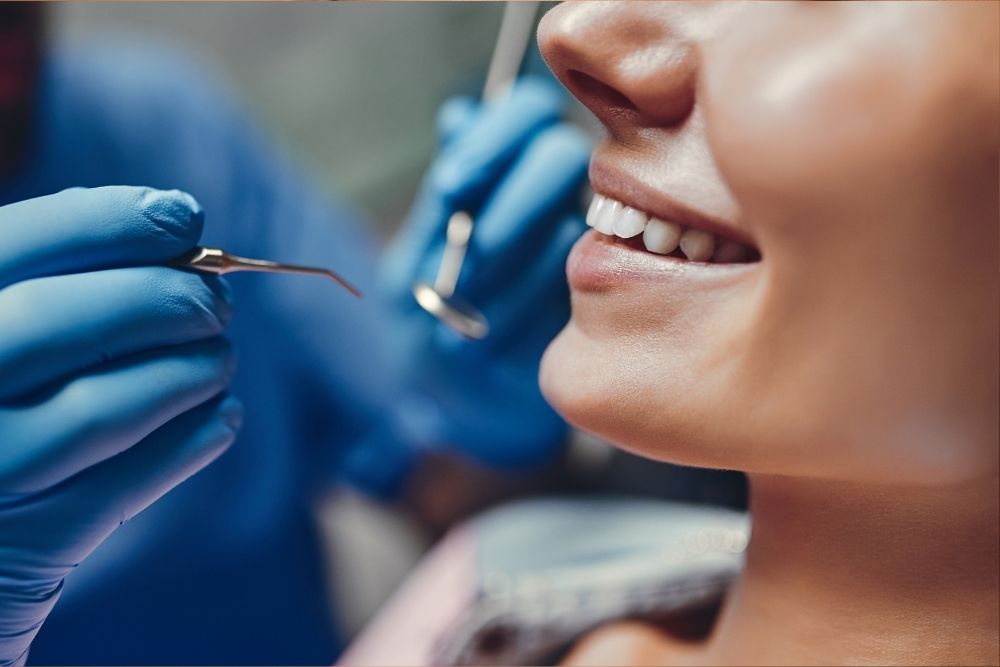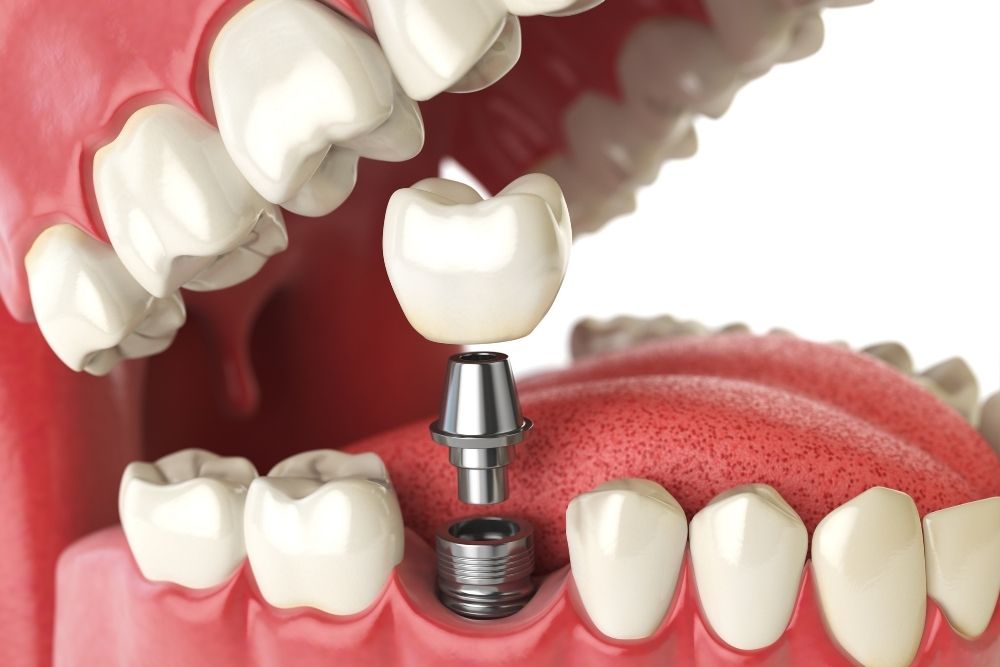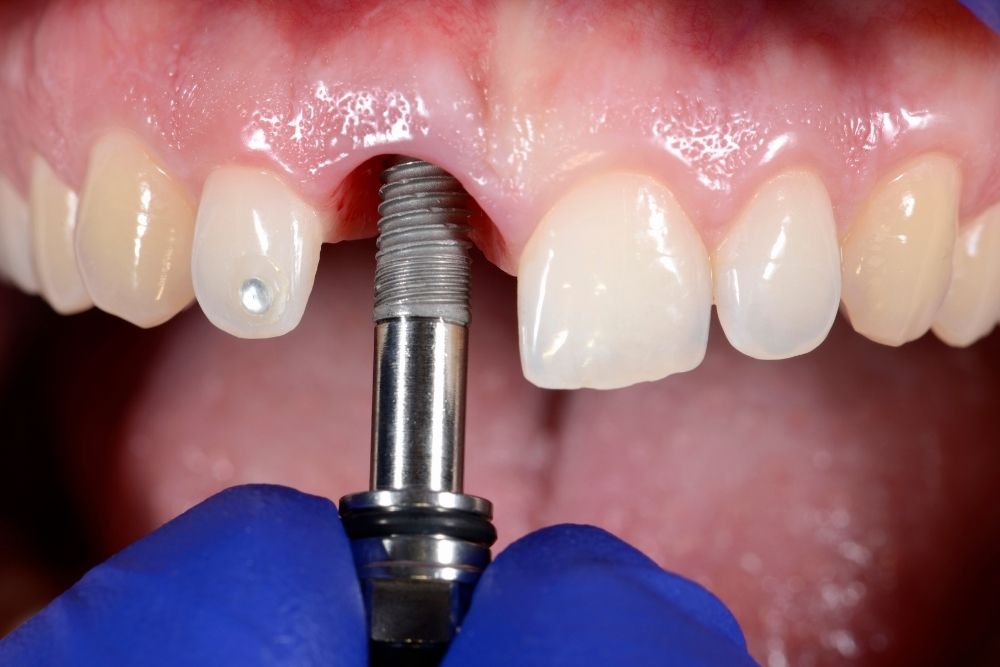Dental
Dental Implants
Dental implants offer several advantages that make them an attractive option for tooth replacement
Why Hair O Craft ?
Hair transplant experts since 2006
Expert doctors & certified professionals
Completed more than 30000+
Winner of Asianet Excellence Award
Functionality
Dental implants function and feel like natural teeth, allowing you to eat, speak, and smile with confidence. They provide excellent chewing ability and stability, improving overall oral function.


Aesthetics
Dental implants are designed to match the color, shape, and size of your natural teeth, creating a seamless and natural-looking smile. They blend in seamlessly with the rest of your teeth.
Durability
With proper care and maintenance, dental implants can last for many years, even a lifetime. They are one of the most durable tooth replacement options available.


Bone Preservation
When a tooth is lost, the jawbone in that area can deteriorate over time. Dental implants stimulate the jawbone through osseointegration, helping to preserve bone density and facial structure.
Speech Improvement
Dental implants allow for improved speech, as they do not shift or move like some other tooth replacement options.


Comfort
Dental implants eliminate the discomfort and irritation that can be associated with removable dentures
Types of dental implants
There are several types of dental implants, each designed to address different dental needs and conditions. The two main categories of dental implants are based on their shape and placement

Endosteal Implants
Endosteal implants are the most common type of dental implants. They are placed directly into the jawbone during a surgical procedure. These implants are typically made of titanium and resemble small screws or cylinders. Endosteal implants are suitable for patients with adequate bone density and are commonly used for single tooth replacement or to support dental bridges and dentures.
Subperiosteal Implants
Subperiosteal implants are less commonly used compared to endosteal implants. Instead of being placed into the jawbone, subperiosteal implants are positioned under the gum tissue, but above the jawbone. They rest on a metal frame that sits on or above the jawbone. Subperiosteal implants are often considered in cases where the jawbone has insufficient density or height for traditional implants.

Based on the restoration they support, dental implants can also be classified into the following types
- Single Tooth Implants: These implants are used to replace individual missing teeth. A single implant is surgically placed into the jawbone, and a custom-made dental crown is attached to the implant abutment, creating a natural-looking replacement for the missing tooth.
- Multiple Teeth Implants: In cases where multiple adjacent teeth are missing, dental implants can be used to support dental bridges or implant-supported dentures. The number of implants required will depend on the specific restoration needed.
- All-on-4 (All-on-Four) Implants: This technique involves placing four dental implants strategically in the jawbone to support a full arch of fixed dentures (usually for the upper or lower jaw). All-on-4 implants are an efficient option for patients who need full mouth restoration with limited available bone. Mini Implants: Mini implants are smaller in diameter than standard implants and are often used in cases where there is less bone density or to stabilize removable dentures.
How should you take care of your dental implant?
Proper care and maintenance are essential to ensure the long-term success of your dental implant. Here are some tips on how to take care of your dental implant
Follow Oral Hygiene Practices
Dental implants need proper care like natural teeth. Brush twice daily with a soft-bristled toothbrush and fluoride toothpaste. Use floss or interdental brushes to clean between teeth and around implants to remove plaque and food debris.
Use a Non-Abrasive Toothpaste
Avoid using abrasive toothpaste or abrasive dental cleaning products, as they can scratch the surface of the implant and restoration.
Regular Dental Check-ups
Visit your dentist regularly for check-ups and professional cleanings. Your dentist will monitor the health of your implant, surrounding gum tissues, and overall oral health.
Avoid Smoking and Tobacco Products
Smoking and using tobacco products can increase the risk of implant failure and complications. If you have dental implants, quitting smoking will significantly benefit your oral health.

Frequently Asking Questions
Let us help
Don’t let your appearance hold you back! We offer services to improve your Hair, Skin, and Dental health. From restoring thinning hair and rejuvenating your skin to lightening your skin tone and enhancing your smile, we’ve got you covered. Look and feel your best with our expert treatments!

